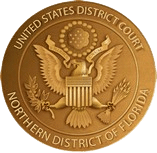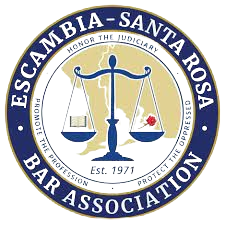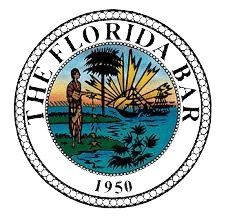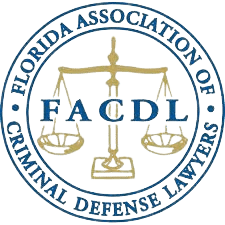Stalking and Harassment Laws in Florida
Several different crimes fall into the stalking and harassment categories under § 784.048, Fla. Stat. Some of those include:
- Simple Stalking – This involves willfully, maliciously, or repeatedly following, harassing, or cyberstalking a person.
- Aggravated Stalking – This is the same as stalking but includes making a credible threat towards a person.
- Cyberstalking – This involves engaging in a course of conduct to communicate directly or indirectly with words or images by electronic mail or other electronic communication to a specific person. It can also involve accessing or attempting to access online accounts or electronic systems of another person without that person’s permission.
- Harassment – This involves engaging in a pattern of behavior directed at a specific person which causes substantial emotional distress to that person and serves no legitimate person.
Additionally, any of these could be considered a domestic violence crime if committed against a “family or household member.” That would increase potential penalties and decrease your ability to stay out of prison.
Penalties for Stalking and Harassment
Most stalking and harassment offenses are misdemeanors, resulting in up to one year in jail and a significant fine. However, aggravated stalking is a third-degree felony, resulting in up to five years in prison and a fine of up to $5,000.
Additionally, if a person is found guilty of stalking or harassment crimes, an injunction, or restraining order, is typically issued for the alleged victim to prevent the alleged offender from contacting them. If the alleged offender violates that restraining order, they will face additional criminal penalties.
Aggravating and Mitigating Factors in Stalking and Harassment Cases
Aggravating factors in stalking and harassment cases are those that make the crime more serious and can result in a harsher sentence. Some examples of aggravating factors include:
- You have a prior criminal record, especially for stalking or harassment.
- You targeted a vulnerable victim, such as a child, elderly person, or person with a disability.
- You used violence or threats of violence against the alleged victim.
- You used technology to stalk or harass the alleged victim, such as GPS tracking or social media.
- The stalking or harassment caused the alleged victim significant emotional distress or physical harm.
Mitigating factors in stalking and harassment cases are those that may lessen the severity of the crime and result in a lighter sentence. Some examples of mitigating factors include:
- You are of good character and have no prior criminal record.
- You have shown remorse for your actions and have taken steps to address the underlying issues that led to the crime. This may include counseling or anger management classes.
- You have a mental health condition that may have contributed to your behavior.
- The stalking or harassment was not prolonged or severe.
- You are willing to cooperate with the criminal justice system and undergo treatment.
It is important to note that aggravating and mitigating factors are weighed on a case-by-case basis. No single factor is determinative, and the judge will consider all the facts and circumstances of the case when sentencing the offender.
Collateral Consequences
Harassment and stalking charges in Florida can have a long-lasting impact on your life. You may deal with the following collateral consequences:
- Limitation of where you can live, work, and travel due to a restraining order
- Difficulty finding a job or place to live
- Probation or supervised release
- Limitation on your ability to use the internet or contact certain people
- Civil damages (money) owed to the alleged victim
- Damaged reputation in the community and with friends and family
How a Stalking and Harassment Lawyer Can Help Your Case
Stalking charges in Florida are serious. You should recruit an experienced stalking attorney who can handle your case quickly and efficiently. The sooner you get the charges reduced or dismissed, the better.
Explaining Your Legal Rights and Options
No matter what happened, you have rights. Not only that but there are options other than pleading guilty and accepting whatever sentence the prosecution wants to throw at you. Your attorney can take your case to trial and protect your reputation.
Getting Your Charges Reduced
Since stalking and harassment charges range from misdemeanors to felonies, there is always an opportunity to reduce your charges. For example, if you are charged with aggravated stalking, which is a felony charge, you may be able to negotiate a plea deal for simple stalking, a misdemeanor with lesser penalties.
Getting Your Charges Dismissed
Your stalking lawyer may be able to get your charges dismissed by challenging the alleged victim’s statements and other evidence. There are many pre-trial motions your attorney can present in an attempt to get your charges entirely dismissed.
Don’t Limit Yourself with a Stalking and Harassment Charge – Call Today
Since stalking and harassment can result in a restraining order, you may be facing serious limitations on where you can work, live, and travel. You may also face time behind bars and other consequences. A stalking and harassment lawyer at Mitkevicius Law, PLLC can help you avoid the harshest penalties and help you get the best possible outcome.
Josef Mitkevicius is our lead attorney. He has more than 10 years of legal experience that he will use to fight for you to stay out of jail and keep your record clean. Contact us at 850-361-2142 to schedule your free consultation.





